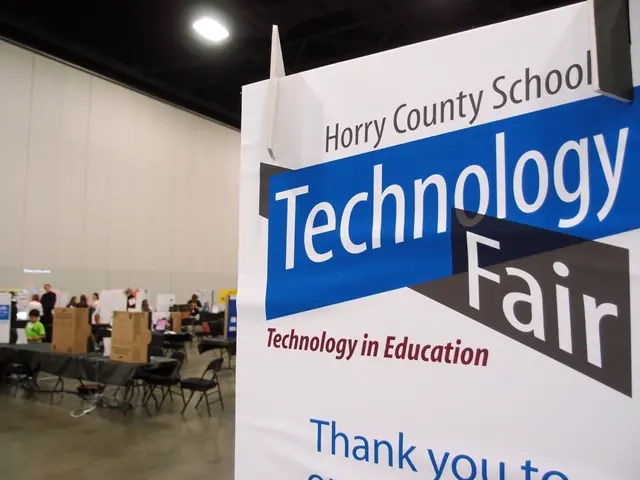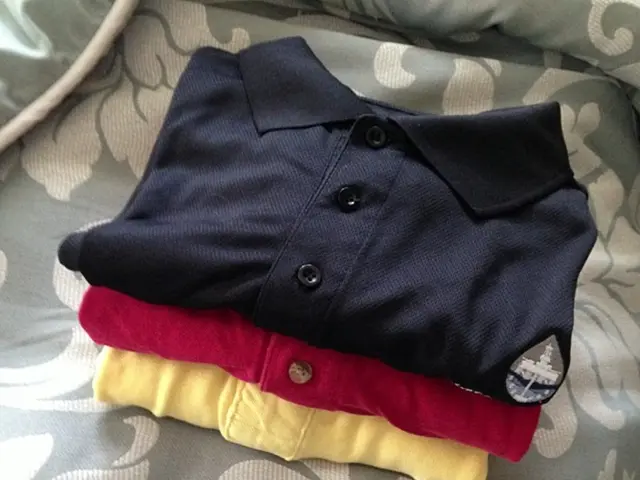Striping Cows to Reptile-decorated Pizza Toppings Secures Ig Nobel Prizes
The 35th annual Ig Nobel Awards, organised by the science humor magazine Annals of Improbable Research, took place at Boston University, celebrating some of the most unusual and intriguing scientific discoveries of the year.
In the realm of nutrition, the Ig Nobel Prize was awarded to a team of researchers who discovered that rainbow lizards have a peculiar preference for pizza topped with four cheeses. Italian researcher Luca Luiselli even went so far as to say that when lizards discover cheese and carbs, they behave like Italians.
The chemistry prize went to a US-Israel team for their research on whether eating Teflon affects calorie intake without making people feel fuller.
In psychology, a Polish-Canadian-Australian team won for their research on what happens when you tell a narcissist they are intelligent. The winners led the audience in a sing-a-long to "if you're special and you know it, clap your hands."
The Japanese research group that conducted the experiment with zebra-like black stripes on cattle to reduce fly bites and won the Ig Nobel Prize in Biology included Masateru Makino, Hideki Sezutsu, Yoshitaka Kamimura, and Yasushi Miyata. One of the researchers took off his jacket to reveal a zebra-striped shirt during the ceremony.
The physics prize was awarded to European researchers for their discoveries about the physics of pasta sauce, particularly avoiding clumpiness in the Italian dish cacio e pepe. One of the Italian researchers wore a fake moustache and giant chef hat during the ceremony.
The paediatrics prize was awarded to a US duo for studying what a nursing baby experiences when its mother eats garlic. Julie Mennella, a winner of the prize, stated that infants savour the flavour of garlic when nursing.
The aviation prize was awarded to researchers for discovering that alcohol in fermented fruit impairs bats' ability to fly and use echolocation. One researcher, while giving bats ethanol for the research, mentioned that the bats enjoyed the alcohol.
The engineering prize was awarded to two Indian researchers for investigating how foul-smelling shoes affect the user's experience of a shoe-rack. Sensors to detect smell levels failed the researchers, so they recruited human noses instead.
The Ig Nobel peace prize was awarded to a Dutch-German-UK team for their research showing that drinking alcohol can help speak a foreign language more clearly, within reason. A team of researchers won the Ig Nobel peace prize for discovering that a small dose of alcohol can boost confidence when speaking a foreign language, but they did not recommend using booze as a language-learning tool.
Lastly, the literature prize went to the late US researcher William B. Bean for recording and analyzing the growth of his fingernails over 35 years.
These awards serve as a reminder that science, in all its forms, is a field of constant exploration and discovery, even when it leads us to the most unexpected places.
Read also:
- Comprehensive Cancer Care Strategy Encompassed by Siemens Healthineers Entirely
- Federal solar energy initiatives among Wyoming's tribal communities face varying outcomes following the Trump Administration's withdrawal of funding.
- Exploring Hemp Insulation: Is This Eco-Conscious Solution Worthwhile for Your Construction Project?
- Construction fleet and urban transport emissions could see a significant reduction with the implementation of biogas as a game-changing solution.








